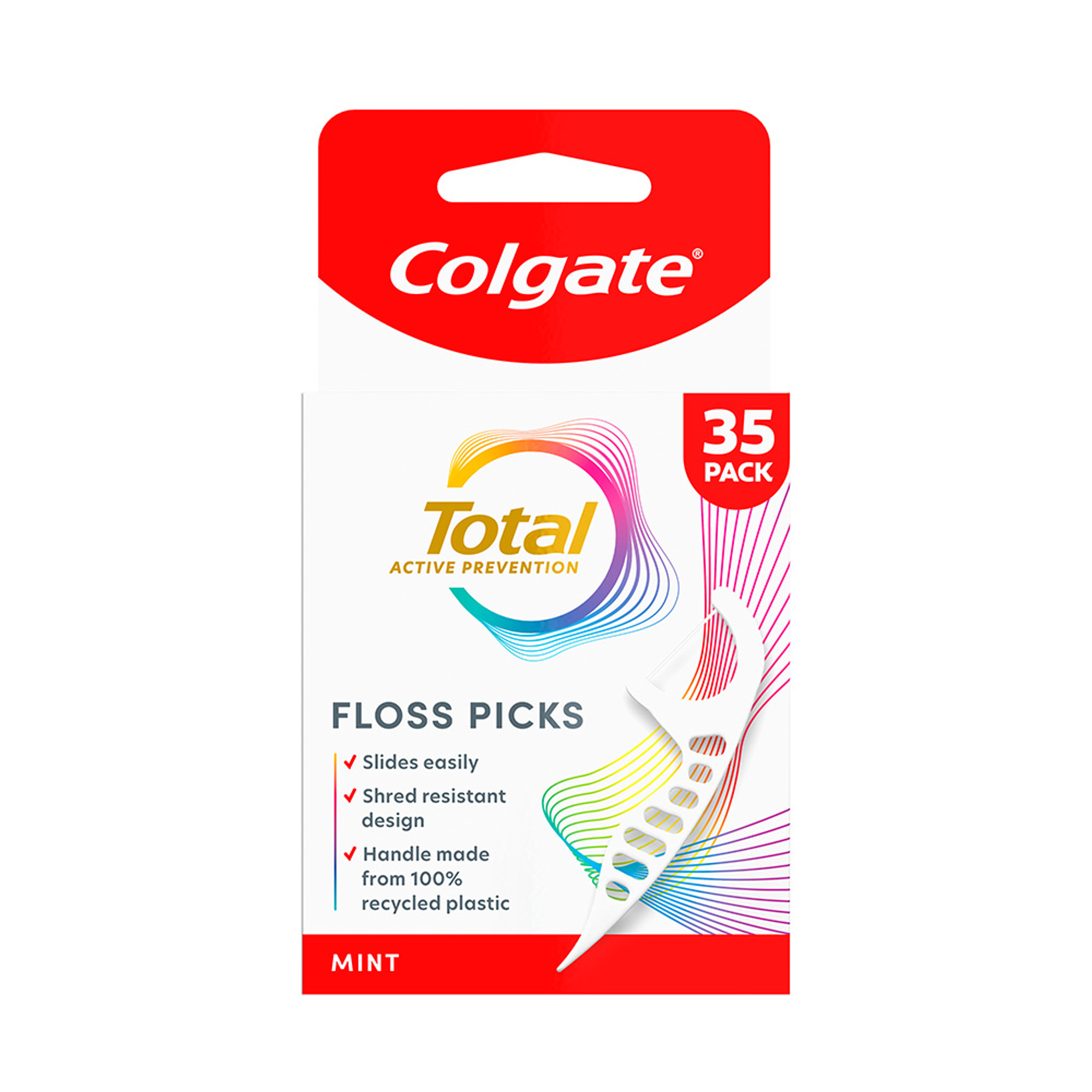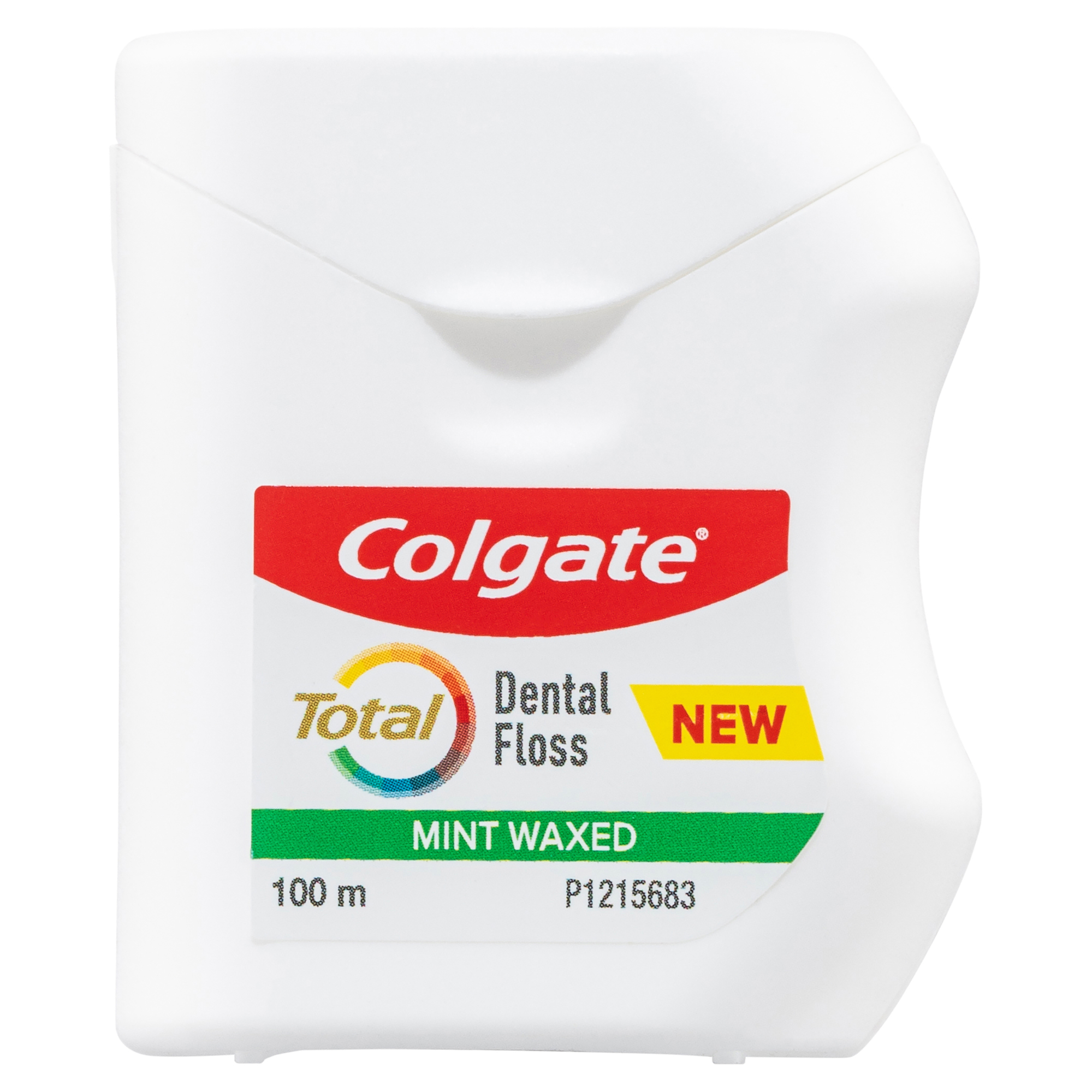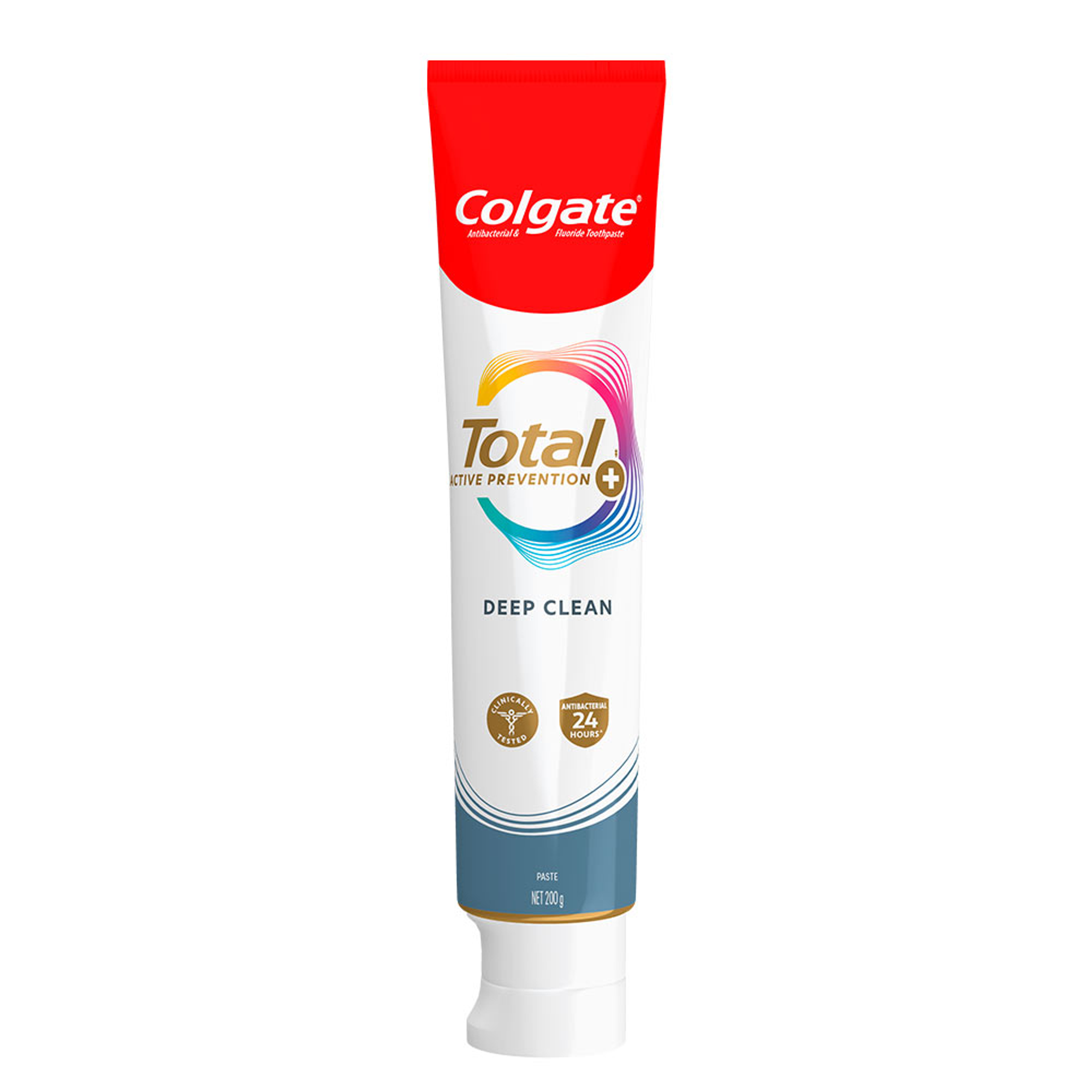What causes bleeding gums?
Although there are several reasons why gums may bleed, some causes are more severe than others. Sometimes, it’s caused by neglecting proper oral hygiene. However, there are other common causes of bleeding gums, which we’ll describe in-depth below:
- Gingivitis
- Medications
- Changes in dental hygiene routine
- Brushing or flossing too vigorously or with too much pressure
- Pregnancy gingivitis
1. Gingivitis
Gingivitis is the first stage of periodontal disease (gum disease). It can cause swollen, bleeding gums during brushing. The leading cause of gingivitis is improper oral hygiene. When plaque on your teeth and at the gum line is not removed by brushing and flossing, it can affect the gums. The good news is that gingivitis is reversible with good oral hygiene and treatment with your dental professional.
However, if you don’t address your gingivitis, it can progress to periodontal disease, the second (and irreversible) stage of gum disease. So make sure you keep in regular contact with your dental professional and seek treatment as soon as the early signs of gingivitis appear.
Be aware that gingivitis can also affect other health conditions. According to information from the Dental Practice Education Research Unit – a joint venture between the University of Adelaide and Colgate Oral Care, studies have confirmed that patients with diabetes, both type 1 and type 2, are more susceptible to periodontal (gum) diseases. Further, some people can have a potential association between gum disease and other severe health conditions such as heart disease and stroke.
2. Medications
Blood-thinning medications are also a possible cause of bleeding gums. Blood-thinning medications decrease the blood’s ability to clot, which can lead to bleeding. So the next time you’re at an appointment with your health professional, let them know if this is occurring and tell them which medicines you’re taking. If the bleeding becomes more serious, contact your doctor immediately.
3. Changes in your dental care routine
If you have not flossed regularly before, your gums might bleed between your teeth when you begin. This bleeding should clear up within a week of regular care. If it doesn’t, then contact your dentist to set up an appointment, as this may be a sign of improper flossing.
Using a firm-bristle toothbrush may also result in bleeding gums. Switch to a soft or medium-bristled brush and talk to your dental professional about which toothbrush is right for you at your next appointment.
4. Brushing or flossing too vigorously
You may notice some bleeding if you floss or brush too vigorously. But don’t give up the practice — both flossing and brushing are critical for oral health. Instead, approach both activities more gently. The bleeding should stop within a week.
5. Pregnancy gingivitis
According to the Australian Dental Association, some women develop ‘pregnancy gingivitis’, where gums become more sensitive, swell and bleed when brushing and flossing. Hormones can alter the body’s response to the bacteria that cause gum disease, causing inflammation. Routine dental checkups and oral hygiene appointments, regular brushing and daily flossing can help to prevent gum inflammation and bleeding from starting or becoming worse.
Bleeding gums may seem alarming, but you can usually remedy the problem. Proper, regular oral hygiene using a soft-bristled brush and a gentle flossing technique should do the trick. Keep up with your regular dental appointments so you can prevent or treat gingivitis as soon as signs appear. But remember, if your bleeding doesn’t stop, contact your dentist or doctor immediately.
This article is intended to promote understanding of and knowledge about general oral health topics. It is not intended to be a substitute for professional advice, diagnosis or treatment. Always seek the advice of your dentist or other qualified healthcare provider with any questions you may have regarding a medical condition or treatment.














